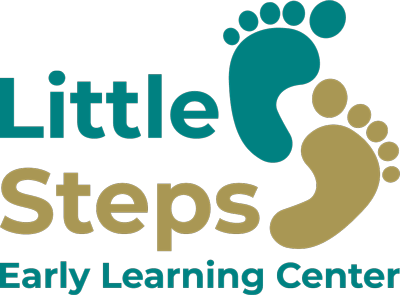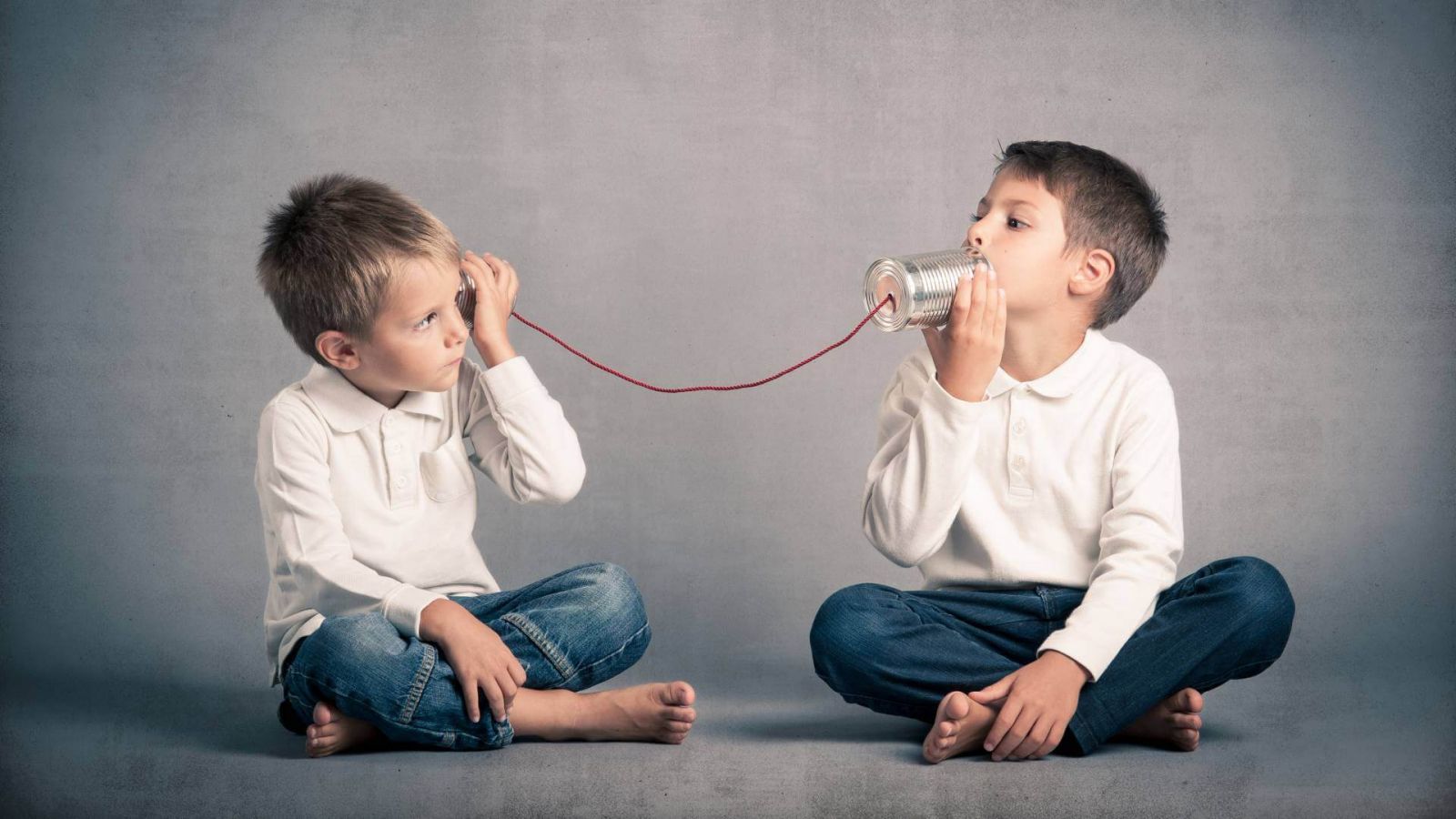Early childhood is a critical period for a child's development, as it sets the foundation for future learning and success. During this stage, infants and toddlers absorb information from their environment like sponges, making it a prime opportunity to implement effective learning strategies. In this blog, we will explore the essential building blocks of success in early childhood development and discuss practical strategies to foster the intellectual, emotional, and social growth of infants and toddlers.
- Establishing a Nurturing Environment
Creating a nurturing environment is paramount in supporting early learning. Infants and toddlers thrive in an environment that is safe, loving, and responsive to their needs. Ensure that the child's physical needs, such as nutrition, sleep, and hygiene, are met to promote overall well-being. Additionally, engage in meaningful interactions by responding to their cues, talking, singing, and playing with them regularly.
- Encouraging Sensory Exploration
Sensory exploration is a fundamental aspect of early childhood development. Provide age-appropriate toys and materials that stimulate their senses, such as soft fabrics, colorful objects, and textured toys. Engage them in activities that involve touching, smelling, listening, and seeing to help develop their sensory processing skills and cognitive abilities.
- Reading and Storytelling
Introducing books and stories at an early age lays the groundwork for language development and literacy skills. Make reading a part of the daily routine and use expressive voices and gestures to captivate their attention. As they grow older, encourage their active participation by asking questions about the story and allowing them to share their thoughts.
- Play-based Learning
Play is the primary mode of learning for infants and toddlers. It is through play that they make sense of the world around them and develop essential cognitive and social skills. Engage in both structured and unstructured play activities to promote creativity, problem-solving, and emotional regulation.
- Music and Movement
Music and movement play a significant role in early learning. Expose infants and toddlers to a variety of musical genres, sing songs together, and encourage them to dance and move to the rhythm. Music stimulates their brain development and enhances their coordination and language skills.
- Building Communication Skills
Communication is essential for connecting with others and expressing needs and emotions. Engage in conversations with infants and toddlers by using simple language, gestures, and facial expressions. Acknowledge their babbling and attempts to communicate, as this reinforces their language development and encourages them to express themselves more effectively.
- Socialization and Peer Interaction
Socialization is a crucial aspect of early learning. Arrange playdates with other children or attend parent-child groups to provide opportunities for peer interaction. Socializing helps develop important social skills, such as empathy, cooperation, and conflict resolution.
- Emphasizing Emotional Intelligence
Emotional intelligence is the ability to recognize, understand, and manage one's own emotions and those of others. Teach emotional vocabulary by identifying and labeling feelings. Additionally, validate their emotions and provide comfort when needed, as this fosters a secure attachment and emotional resilience.
- Outdoor Exploration
Nature offers a myriad of learning experiences for young children. Spend time outdoors, exploring the natural world, and engaging in outdoor activities. Nature-based experiences enhance their cognitive abilities, promote physical development, and instill a sense of wonder and appreciation for the environment.
- Limiting Screen Time
While technology can provide educational content, excessive screen time can hinder early development. Limit the use of screens and prioritize interactive, hands-on experiences instead. Encourage face-to-face interactions to foster social and emotional skills.
Investing in early learning strategies for infants and toddlers lays the foundation for a successful future. By establishing a nurturing environment, promoting sensory exploration, encouraging reading and play-based learning, and emphasizing communication and emotional intelligence, we can help our children develop the essential building blocks for a lifetime of learning and success. Embrace the wonder of early childhood and be an active partner in your child's educational journey. Remember, it is during these formative years that the seeds of success are sown.


.jpeg)